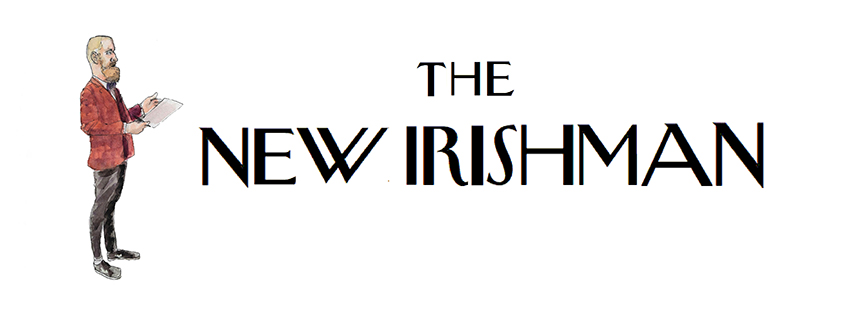 |
| The front bench at the first informal meeting of the Ulster Parliament, Belfast City Hall (June 7 1921). Down from Sir James Craig (in top hat) are HM Pollock, Minister of Finance; Sir Dawson Bates, Home Affairs; JM Andrews, Labour and Sir Edward Archdale, Argiculture (see here) |
"Between 1921-1963 successive unionist governments chose to regard all Catholics as hardline republican."
"It seems like only five minutes ago that I heard senior Ulster Unionists say: “Sure look at Sir John Gorman, isn’t he a Unionist MLA and a Catholic, too!""
David Trimble said in a 2015 interview with Alex Kane:
"And the other thing that was quite sobering to see was how deep the feelings of sectarianism are amongst some of the middle class. Some of them give a very different impression, but when push comes to shove there are some very embittered people there."
"The support for the IRA amongst the Roman Catholic country varies according to the time of year, to the way in which the IRA are succeeding. I think broadly that speaking there is general support among the vast majority of Roman Catholics for what the IRA are doing. However you will find that if you carry out a public opinion poll, perhaps only 2 or 3% say that they support the Provisional IRA… If the IRA were doing well I think you would find that the majority of Roman Catholics would be supporting it."
Frank Millar of Official Unionist Party said:"We were led to believe that only a minority of Catholics supported violence. To Protestants the hunger strike showed that Catholics were prepared to support the gunmen who murdered their fellow citizens."Geoffrey Maxwell, a Protestant in his thirties (written 1994), wrote:"If you are Protestant, you grow up believing that all Catholics support the I.R.A. and want you to come to harm."The 2008 Report in Ireland's border communities, ‘Whatever you Say, Say Nothing’, found:"The vote for Bobby sands in 1981 is an example of an issue - and a myriad of associated questions - which hangs between the two communities and continues to hamper efforts to build trust and cooperation."It continued:"Another powerful and lingering issue for a number of people is the vote of their neighbours in 1981, which saw Bobby Sands - a convicted IRA activist and hunger striker - returned as MP and elected representative for Fermanagh and South Tyrone. It was a substantial vote - 52%, against Harry West's 48%. Many protestants and unionists, both then and now, as a clear and unambiguous vote of support for the retention of the "armed struggle" and the purging of protestants from the land. The collective "nailing of the colours to the mast" was stark and shocking, but made things very clear - whatever about our precious neighbourliness, whatever about our friendly and cooperative arrangements, all of this is now over."
Though we can argued this has ancien regime of anti-Catholicism has been done away with. Trimble said in 2000:"Last November [1999] the Ulster Unionist Assembly Party supported my decision to ask the Ulster Unionist Council for their backing for us to go into the government with republicans who had still not made one concrete move on IRA weapons. This was a tough decision to make.
It demonstrated what a baseless canard was the claim by Sinn Fein that Ulster Unionists “don’t want a Fenian about the place"."And also said:"Whatever the failing of the past, we are determined this time to have a warm house, not a cold house, for all the people of Northern Ireland."

No comments:
Post a Comment